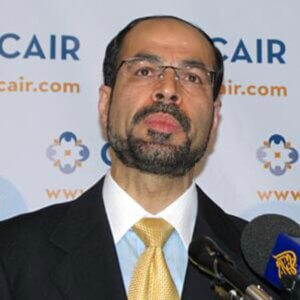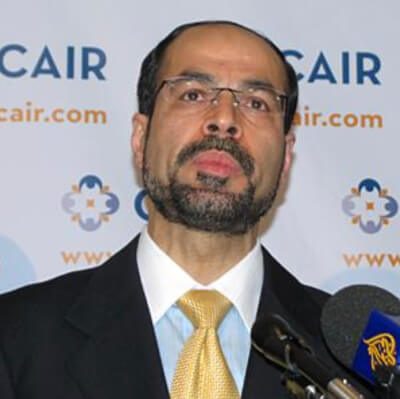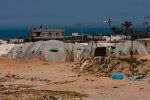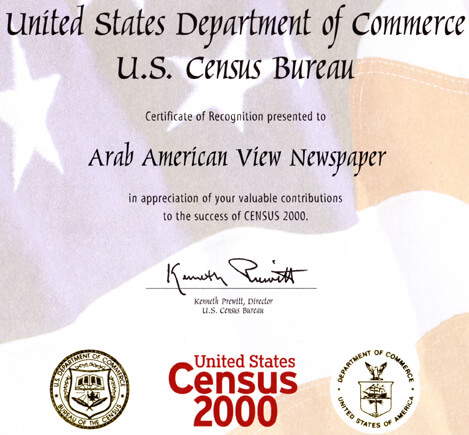This Thanksgiving, let’s use our Blessings for good
By Nihad Awad
Thanksgiving is a time that evokes many feelings and memories. For many of us, it is a reminder of the appalling crimes committed against Native Americans throughout our nation’s history – and that is indeed something that must not be forgotten.
But Thanksgiving is also a unique moment in our culture when we are encouraged not to focus on our desires, but to be grateful for what we have.
In all faith traditions, the importance of gratitude is emphasized as a means to spiritual upliftment and success in both this life and the life to come.
In Islam’s revealed text, the Quran, God instructs us to remember the blessings He has bestowed upon us. Thanksgiving presents us with an opportunity to fulfill that command.

But how do we manifest our gratitude? The 13th century Muslim theologian and scholar Ibn Qayyim put it concisely: [Gratitude] is based on three pillars: acknowledging it inwardly, speaking of it outwardly, and using it to earn the pleasure of the One Who granted it and bestowed it.
If God has blessed us to spend this Thanksgiving enjoying good food, let us use that to earn His pleasure by feeding those who have none.
The rewards and spiritual benefits of feeding the hungry are noted in both the Quran and the tradition of Islam’s Prophet Muhammad (peace be upon him).
The Quran also states: “(The truly virtuous are those) who feed the poor, the orphan and the captive for the love of God.” (76:8)
In a hadith, God is quoted as saying: “(O humankind). . .Did you not know that had you fed (those in need), you would surely have found (the reward for doing so) with Me?” (Hadith Qudsi)
The Prophet Muhammad (peace be upon him) said: “He who has enough food for two, let him invite a third, and he who has food for four, let him invite a fifth or a sixth.” He also said: “Anyone whose food exceeds his needs, let him share it with those who do not have food.”
If God has blessed us to spend this Thanksgiving in the company of friends and family, let us use that to earn His pleasure by inviting someone we know who would otherwise be spending the holiday alone.
The Prophet Muhammad (peace be upon him said): “Every act of kindness is a charity, and kindness includes meeting your brother with a cheerful face.”
In addition to showing our gratitude through acts of kindness, let us remember the dark history associated with this holiday. Let us read the history of the Indigenous peoples of our nation and be inspired by their resilience in the face of unspeakable atrocities. Let us commit ourselves to ensuring justice for all those who have been wronged in our nation.
In all faith traditions, people are encouraged to be grateful through acts of giving and kindness – around the table, around the corner and around the globe. To be mindful of people’s humanity and needs is a virtue that we should all strive to embody, tomorrow as well as throughout the year.
Nihad Awad is executive director of the Council on American-Islamic Relations (CAIR). ISLAM-OPED is a syndication service of the Council on American-Islamic Relations (CAIR) designed to offer an American Muslim perspective on current political, social and religious issues. Please consider the following commentary for publication. Email Mr. Award at info@action.cair.com


- The RSF mutiny’s resonance in Sudan: Understanding some of its impacts on regional and global dynamics - September 23, 2023
- Factors Stalling the Peace Process in Sudan - August 28, 2023
- Reviving the Bread-basket Strategy: The Backbone of Sudan’s Recovery - August 10, 2023

























